Are you interested in learning about different cultures and their histories? Here are the ethnology museums to visit in Mecklenburg-Vorpommern:
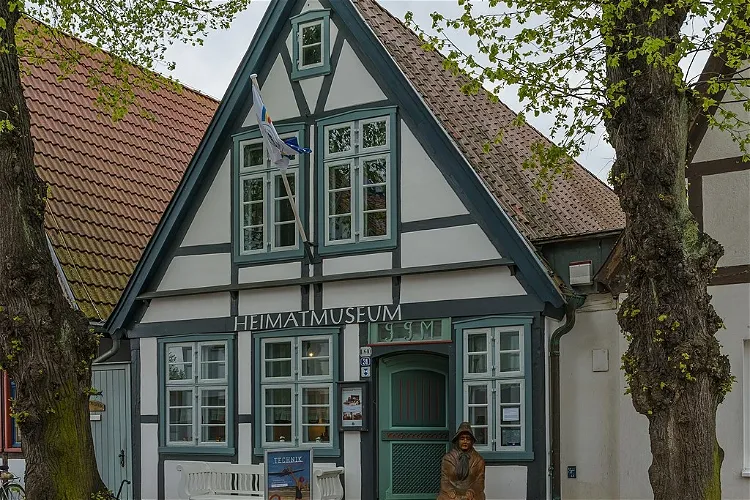
Heimatmuseum Warnemünde
RostockThe Heimatmuseum Warnemünde is a folk museum situated in the Warnemünde district of the Hanseatic city of Rostock. This museum is a significant cultural institution that showcases the rich history and heritage of the region. It offers a unique opportunity for visitors to explore the local culture, traditions, and way of life of the people of Warnemünde.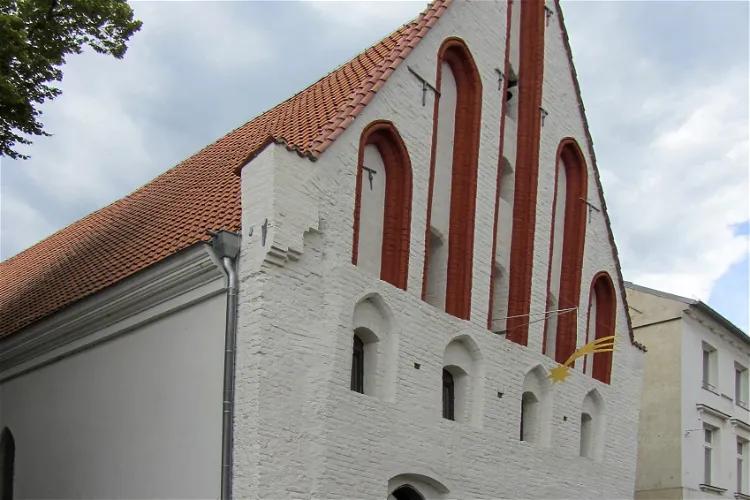
Norddeutsches Krippenmuseum
GüstrowThe Norddeutsches Krippenmuseum, situated in the Heilig-Geist-Kirche in Güstrow, has been a home to a permanent exhibition of Christmas cribs from all over the world since 2007. This unique collection offers a glimpse into the diverse interpretations of the Christmas story by artists from different cultures. The museum provides an enriching experience for visitors interested in art, culture, and history.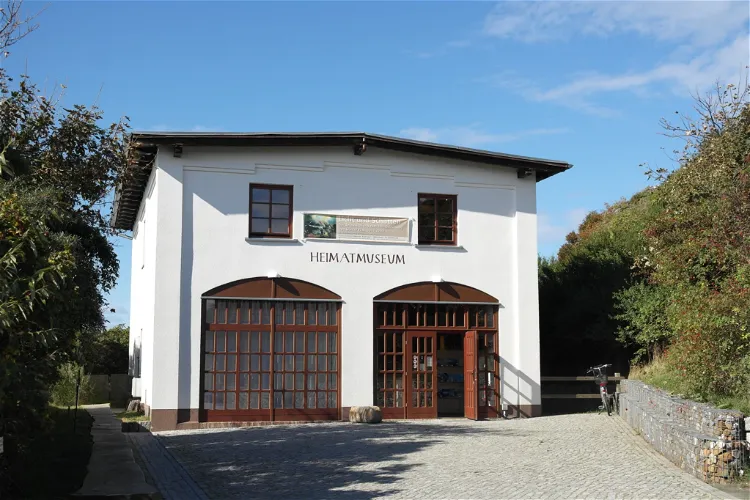
Heimatmuseum Hiddensee
Insel HiddenseeThe Heimatmuseum Hiddensee is one of the two museums located in the Kloster district on the island of Hiddensee. It shares this distinction with the Gerhart-Hauptmann-Museum. Both museums offer unique insights into the history and culture of the island, making them significant points of interest for visitors.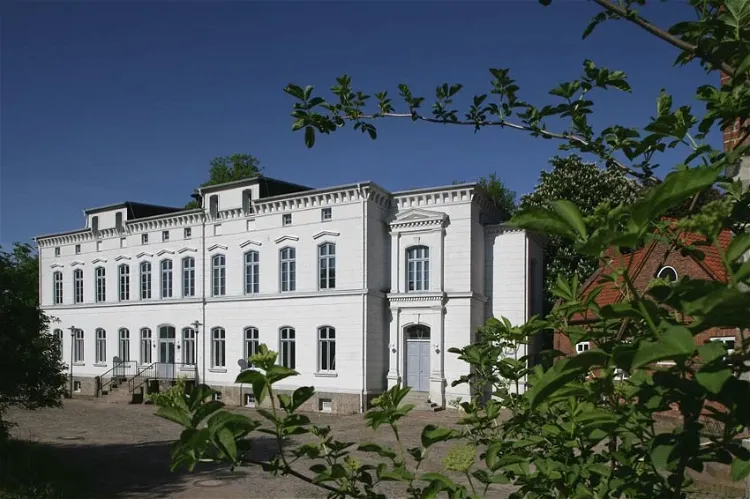
MehlWelten Museum Wittenburg
WittenburgThe MehlWelten Museum in Wittenburg, Mecklenburg-Vorpommern, is a privately-run institution that showcases a unique collection of almost 4,000 flour sacks. These sacks have been collected from 150 countries across all continents, making it a truly global representation of this everyday item. The museum provides an interesting insight into the cultural and historical aspects of flour and its production.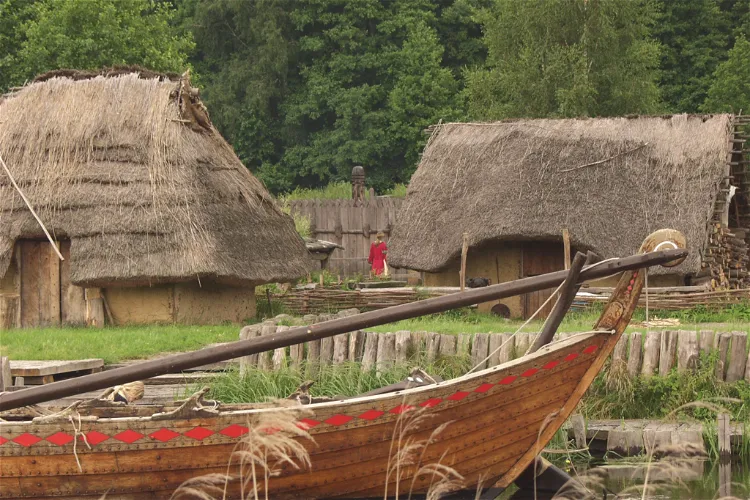
Ukranenland
TorgelowUkranenland is an archaeological open-air museum located in Torgelow. It is dedicated to showcasing the life of the Ukranen, an Elbe Slavic tribe. The museum aims to provide an authentic representation of the tribe's life during the early Middle Ages, making it a unique destination for those interested in history and archaeology.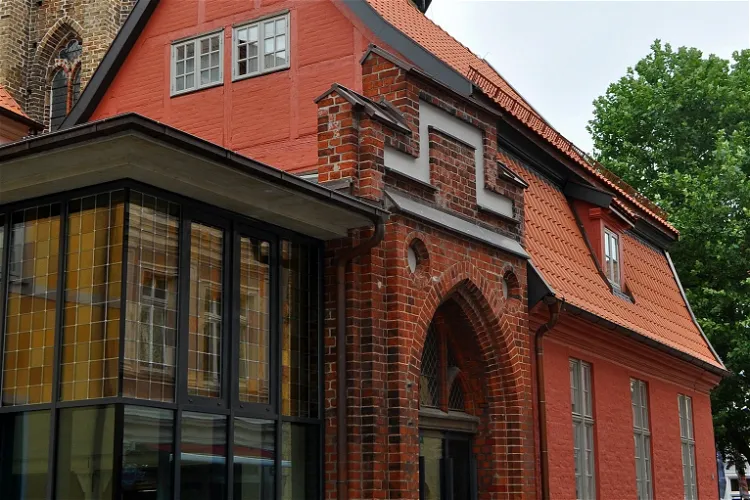
Stralsund Museum
StralsundThe Stralsund Museum, founded in 1859, is the oldest museum of its kind in Mecklenburg-Vorpommern. It showcases extensive collections of folklore, cultural and art history in the Vorpommern region. The museum is a testament to the rich history and culture of the region, making it a significant destination for those interested in understanding the area's past.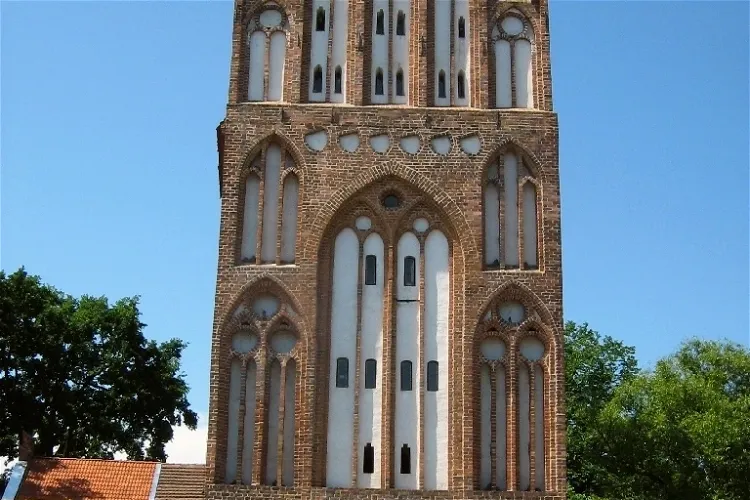
Neubrandenburg Regional Museum
NeubrandenburgOne of the highlights of the Neubrandenburg Regional Museum is its extensive collection of non-European ethnology, which is one of the two largest in Mecklenburg-Vorpommern. The centerpiece of this collection is the South Seas collection of the physician Bernhard Funk. This collection provides a unique insight into the cultures and histories of non-European regions, making it a fascinating area of the museum for visitors to explore.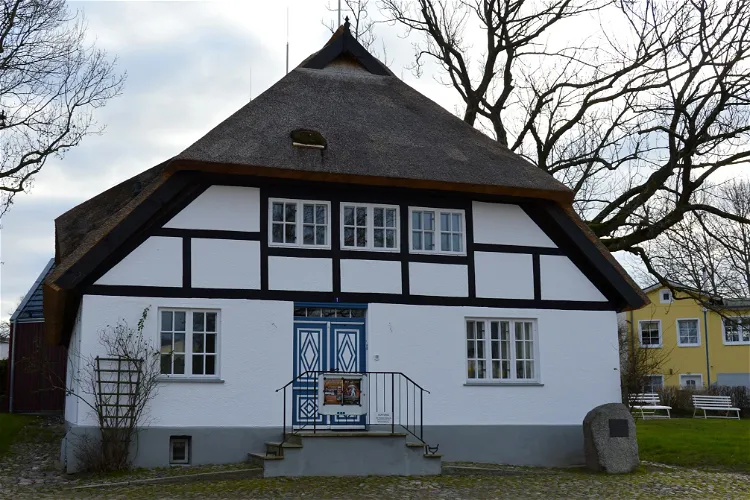
Heimatmuseum Göhren
GöhrenThe Mönchguter Heimatmuseum is a local museum situated in Göhren on the Mönchgut peninsula, which is a part of Rügen. The museum is conveniently located at the western end of Strandstraße, at the address Strandstraße 1. This location is directly at the intersection of Thiessower Straße, Poststraße, and Strandstraße, making it easily accessible for visitors.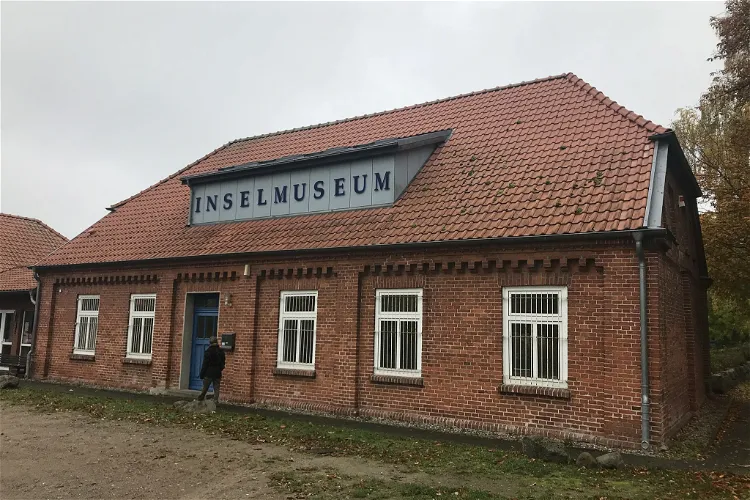
Inselmuseum Poel
KirchdorfThe Inselmuseum Poel, situated on the outskirts of Kirchdorf, is a museum dedicated to the history, culture, and nature of the island. It provides a comprehensive overview of the island's past and present, making it an ideal destination for those interested in learning more about the island's heritage.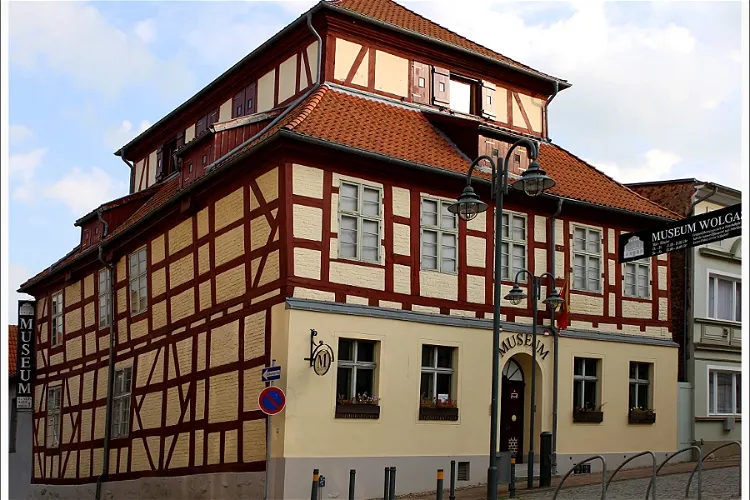
Stadtgeschichtliches Museum Kaffeemühle
WolgastThe Stadtgeschichtliches Museum, also referred to as the Kaffeemühle because of its building's unique appearance, is dedicated to showcasing the history of the Pomeranian city of Wolgast. The museum's timeline spans from the 8th century all the way to the present day, providing a comprehensive view of the city's past.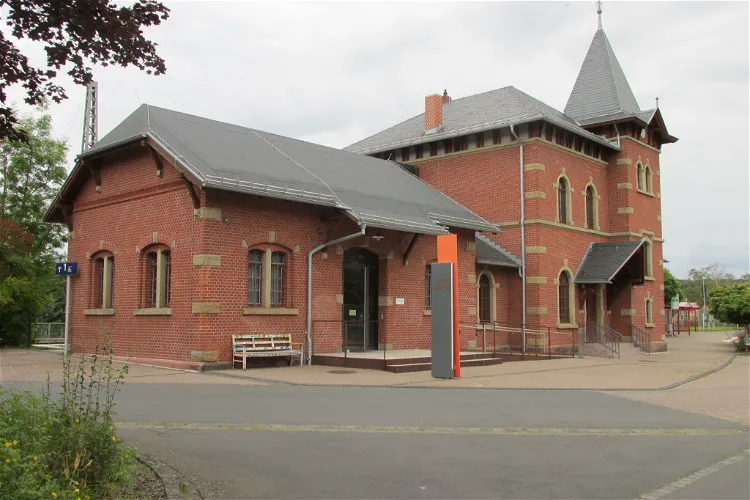
Museum Friedland
FriedlandThe Museum Friedland, situated in Friedland in Lower Saxony, Germany, is dedicated to researching, preserving, presenting, and communicating the history of the Friedland border transit camp. This camp has been operational since 1945 and has seen the passage of over four million people, including refugees, displaced persons, released prisoners of war, late repatriates, and asylum seekers from various parts of the world.